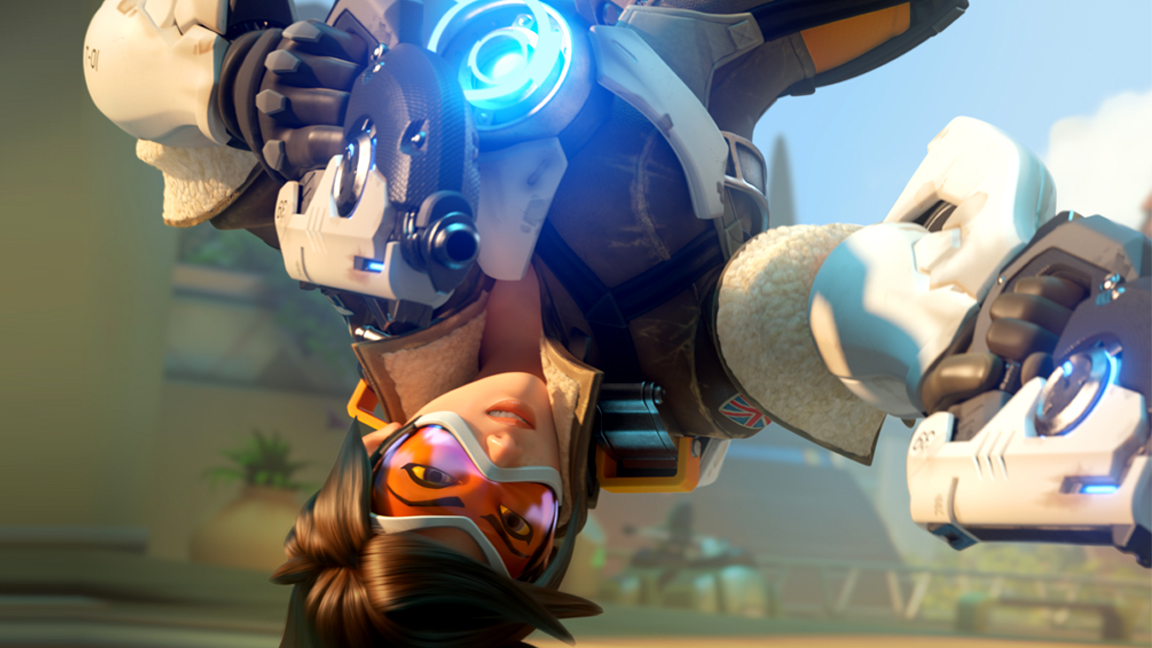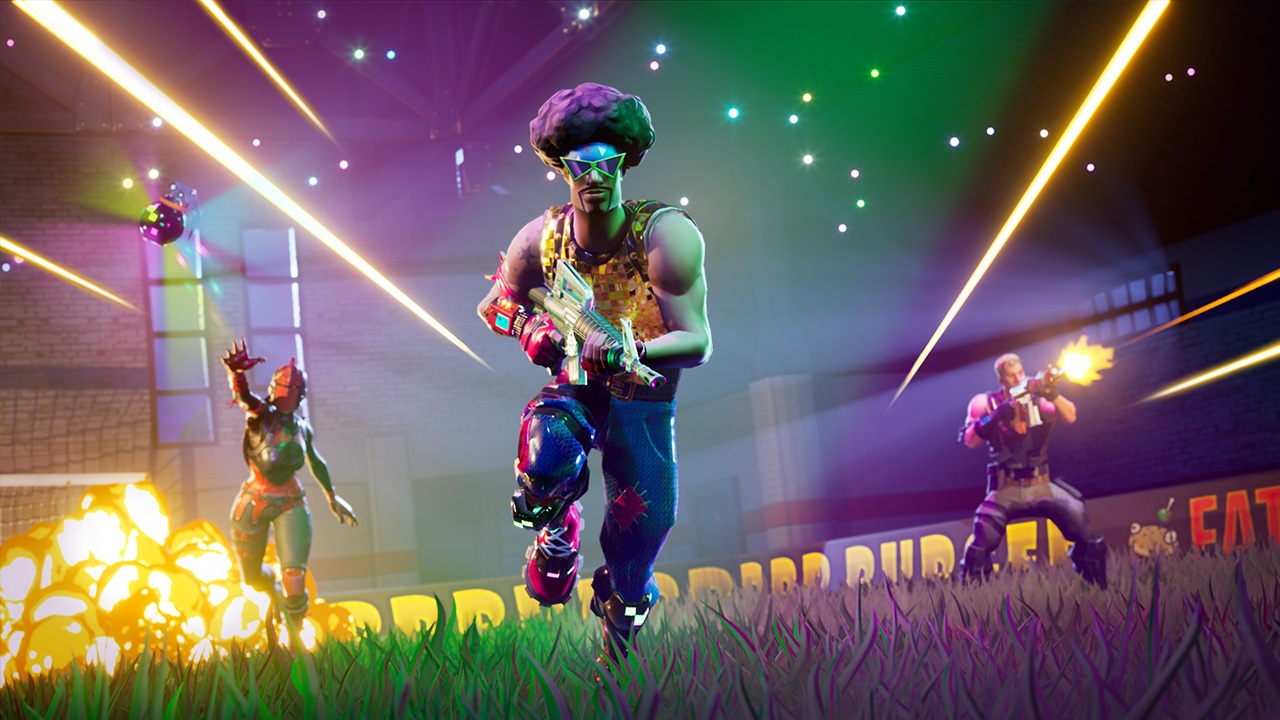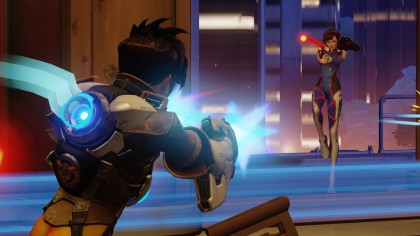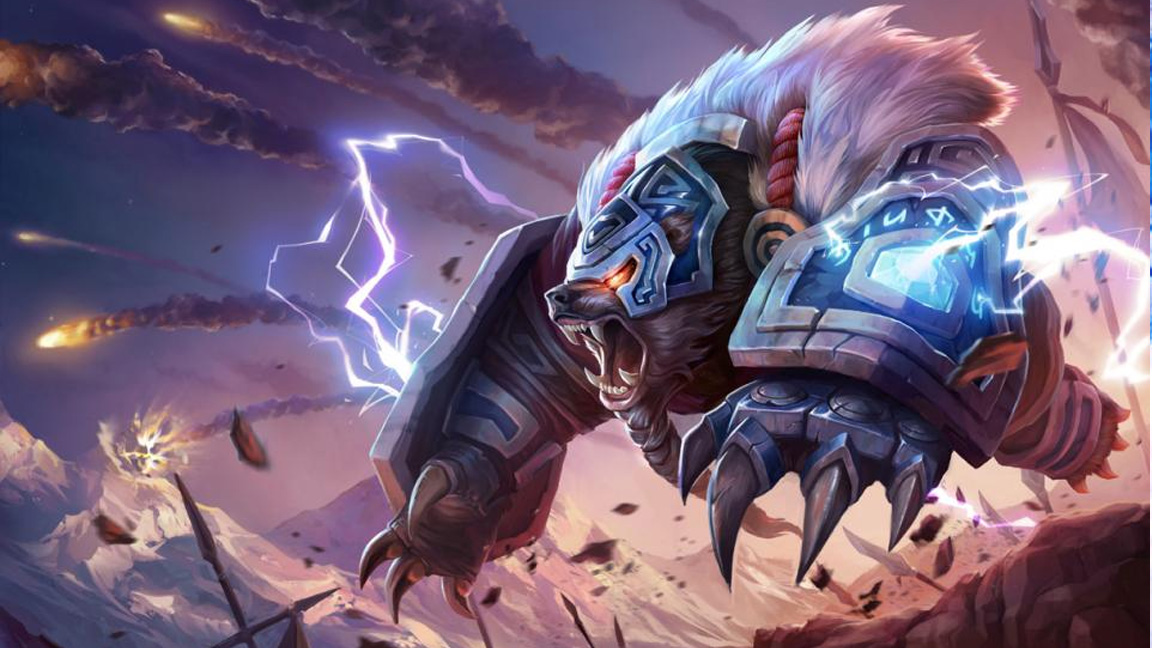Dancing, taunts and teabagging: how players abuse harmless in-game emotes
Sweet emoticons

You’re playing an online video game in 2018, and you decide to be nice and wave a little ‘hello’ at your teammates for this round. Ten minutes later, you might be surrounded by anything ranging from ‘what a save’ or ‘thanks’ to an array of obnoxious emotes and pinging noises that are being used in an sarcastic, insulting way, rather than how they should be used.
If you’re playing as a healer on Overwatch and you’re stopped from doing your job, whether it’s because you’ve been killed or simply overwhelmed, you might find empathy or nothing at all, but someone else might use the ‘thanks’ voice-line in a sarcastic way, and to blame you for their death or the team’s loss. There’s more pressure depending on which role you take, and voice-lines don’t help relieve this pressure.
An exchange that was supposed to be kind or funny quickly descends into vitriol and sarcasm, but when did inherently positive mechanics start being used in a negative way? Not everyone uses a microphone when playing online, which prompted developers to create a new way for players to communicate. Text shortcuts and emotes are what we have now, and they’re not always used for their intended purpose.
It’s impossible to avoid the Fortnite craze, so you’ve likely seen many emotes from the game performed on TV or, if you have children, then maybe they’ve been performing the ‘floss’ or the ‘take the L’ dances at home. Emotes are used similarly to emoticons on text-based services such as Twitter and WhatsApp, and they’re used to show emotion in a more theatrical way.

Today, most online team-based games have text options for communicating with your teammates, in case you don’t fancy going on-mic with strangers. Personally, I’ve found that the misuse of these to abuse players is rampant in Overwatch, Fortnite, League of Legends and Rocket League, although it can be found in other games including Hearthstone.
Tea-bagging still happens, but it happens far less often nowadays, and while that was always considered to be poor form, it was regularly only used to taunt an opposing player if they fell in battle. It’s now acknowledged as sexual assault, and it’s banned from being used in competitive esports, but there’s no one stopping players from abusing it general online play. Text shortcuts allow things to get a little more personal, and a whole lot more obnoxious, and they allow people to berate and abuse other players – who are likely simply trying their best and want to have an enjoyable time – without having to flex their vocal chords.
Internet craze or toxicity?

Internet trends come and go – it feels like an age ago that the dab was rampant, no matter where you looked. The hot topic now is Fortnite, and it’s even found its way into professional soccer. Atletico Madrid’s Antoine Griezmann and Feyenoord’s Yassin Ayoub are just two of the many players who’ve performed a Fortnite emote after scoring a goal, which generally tends to be the ‘Take the L’ dance, and while it’s something which can be viewed as a bit of fun, and likely with no ill intent behind it, and the intention is clearly to rub a loss in an opponent’s face.
Sign up for breaking news, reviews, opinion, top tech deals, and more.
Emotes are sometimes used in racist ways too, notably when Twitch and KFC teamed up with several popular PUBG streamers to create a KFC bucket of chicken emote. When the ‘Winner winner chicken dinner!’ message appears after a player has won a game, viewers had a chance of winning a $20 KFC gift card if they used the emote. The stereotype that black people are often seen eating fried chicken is outdated and racist, and it’s shocking that Twitch didn’t have the oversight to suspect that this would be used in a wildly racist way. Streamers TriHex, Forsen and Sodapoppin have all spoken out about the emote, going as far as to ban it from their own channels, and blaming Twitch for enabling toxicity when it’s previously pledged.
It’s hard to imagine the battle to stamp out toxicity being anything other than a long and difficult one
There’s nothing wrong with text shortcuts and emotes in themselves, but the issue is that developers aren't doing enough to tackle their misuse. Several of the publishers we reached out to didn’t respond to our emails, including Blizzard, Psyonix, Epic Games and Riot Games.
A number of these publishers have teamed up to form The Fair Play Alliance, a forum where they share research in the hopes that they can utilize it to tackle disruptive behavior. This enables each company to incorporate the same rules for, and expectations of, their fan bases across their games, making it easier to cultivate online communities with less toxicity.
Several of these companies have spoken out about toxicity in their games though, so we can only hope they’re tackling more than just what people type or yell into their mics, because no one enjoys having a simple mistake held against them, or being driven from a game because they’re made to feel unwelcome.
Curbing the issue

With so many opportunities to communicate in-game nowadays, you can be made to feel as if you’ve performed poorly solely because you haven’t performed to another player’s expectations. If you’ve played Rainbow Six: Siege or League of Legends, then you’ve likely experienced being berated because you didn’t follow a self-appointed leader’s aggressive pinging, signalling that they want you to do something specific. Not all games have the mechanics to allow full communication with your teammates, or you might prefer to not go on-mic if you’re playing with people you don’t know, and so if there’s a play you don’t agree with and then decide not to follow, you might find yourself insulted via a personal message, shot in the next game, or further chided in team chat.
What’s worse is that report systems are often abused, and those whose job it is to sift through them to find the legitimate reports are having their time wasted, meaning they have less time to devote to genuine issues. For example, people will report what they consider to be poor skill, or even if they’re simply outplayed and are angry about it. It’s severe enough to put people off reporting at all, because often a player will feel their concerns aren’t taken note of. Publishers, to their credit, have been trying to improve their reporting systems, but many of the same problems that came with the launch of titles such as Rainbow Six: Siege and League of Legends, are still present today.
Riot Games spoke with Polygon earlier this year about the efforts it is putting into curbing toxicity - with the publisher claiming that only 1% of the community are disruptive (which seems pretty far from the truth in my experience). Riot Games implemented the Honor system to encourage good behavior, with the option for players to recognize other players’ good behaviour, teamwork or skill by rewarding them with a small in-game vote. In most of the games I’ve played I’ve seen some form of verbal abuse, or abuse of the game’s emotes to antagonize a rival player – or, worse, a team-mate, and it’s hard to imagine the battle to stamp out toxicity being anything other than a long and difficult one, with no satisfactory resolution.
Games are supposed to be harmless fun, and it’s far better to work together than against each other
So, with toxicity being rampant – and acknowledged – why is it that so many emotes and text shortcuts are being misused in a way to attack and upset other players? It’s hard to believe they’re intended to be merely celebratory, especially when so many of them have negative connotations. There’s only so much that can be done to prevent players from abusing simple terms such as ‘hello’, ‘thanks’, emotes and other forms of in-game communication, but the ways in which they’re abused shows that you don’t even need to be on a microphone to hurt another player. I’d love to see this change, and the Fair Play Alliance is a great step towards encouraging more positivity, but as things are right now, some people don’t feel welcome playing online. Games are supposed to be harmless fun, and it’s far better to work together than against each other when on the same team, and respecting opponents can leave both parties feeling a little bit better, regardless of the outcome. A well-meaning GLHF and a GG can go a long way in brightening someone’s day.